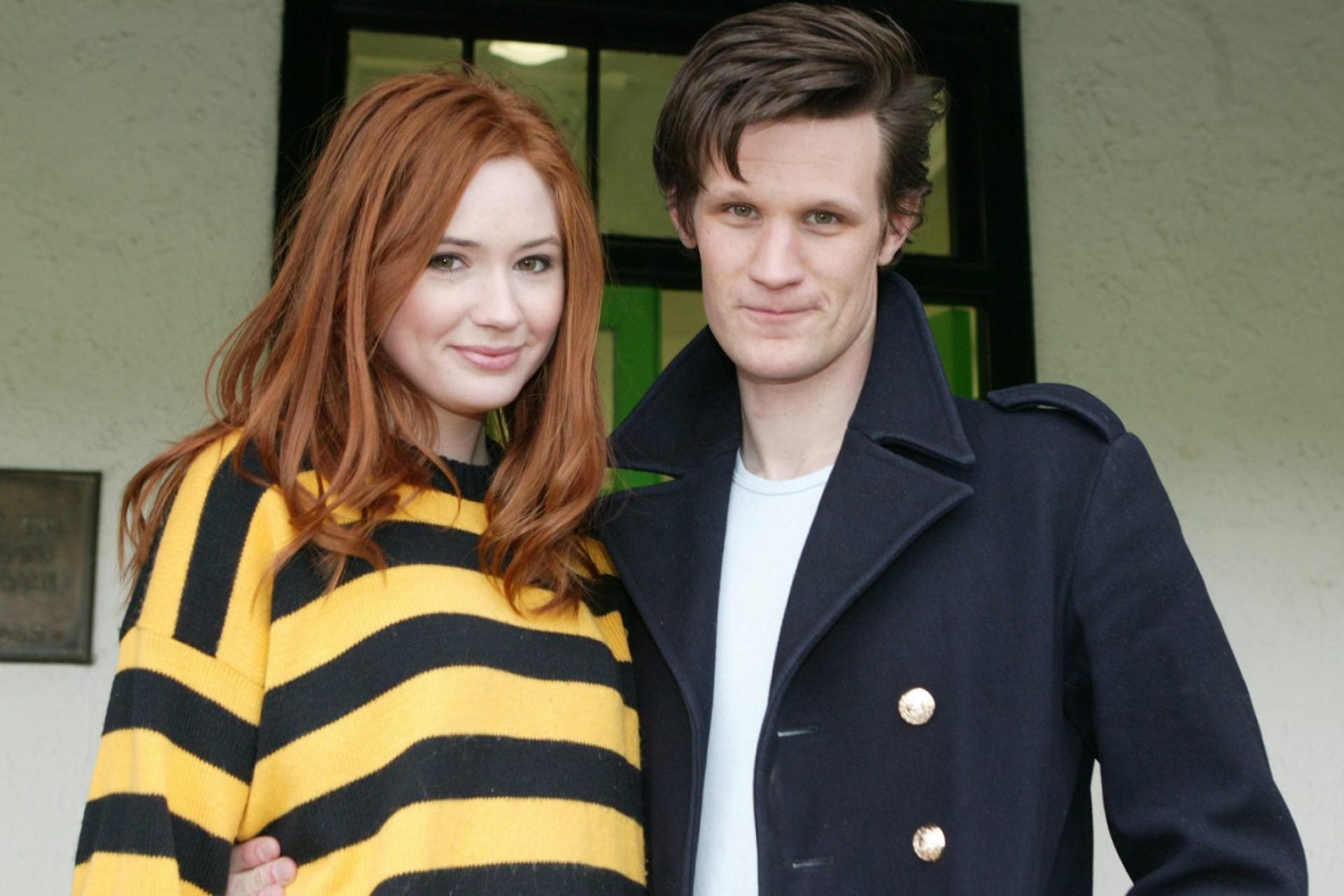Which foods can your dog or cat eat? And which ones absolutely not?
If you are a person who loves and cares about your dog or cat, you have surely asked yourself this question. In this gallery, we detail the foods that you can offer your pet and which ones they should avoid.
According to César Millan, an expert in animal care, dogs can eat any type of meat, such as chicken, turkey, pork, veal, lamb etc. Ideally, this meat has been grilled or put in the oven because fried meat is bad for your dog. Adding salt is also a bad idea.
Yes, fish is also a good option for your pet because it is a source of animal protein that contains large amounts of Omega 3 and Omega 6 fatty acids, something that will help keep your pet's coat healthy and shiny. Of course, pay close attention to removing all the bones. Again, avoid using salt. Even though fish is very healthy, it should not be used as the main part of your pet's diet.
Tuna, in particular, can be consumed by both dogs and cats, however it should never be the basis of their daily diet. In addition, it is recommended to offer them fresh tuna instead of canned, as it is a food high in fatty acid content such as Omega 3 and Omega 6, and as mentioned before, it offers benefits to their hair and skin. In addition, it does not harm their stomach because it is easy to digest.
Eggs can be a good source of protein for your cat and dog. However, the egg must always be cooked as raw eggs can contain salmonella. Uncooked eggs also contain a protein known as avidin, which, although not toxic to the animal, acts as an antinutrient, preventing its body from properly absorbing other vitamins.
Raw or cooked, carrots are a beneficial food for your pet. We recommend that you cook it, as this aids digestion. Carrots are high in beta-carotene, which in turn is transformed into vitamin A, which helps improve your pet's vision. It works as an antidiarrheal and acts as a natural toothbrush.
It is another beneficial food for both dogs and cats since it is a source of natural fibre that helps maintain intestinal flora and relieve constipation. It acts as an antioxidant, contains folic acid and vitamin B9, and it is a great ally in a varied diet because of its low-calorie count.
Although apples are great for our pets, we must make sure that they eat them in moderate amounts, especially for diabetic dogs and cats. Furthermore, we should remove the seeds from the interior, as they contain amygdalin, a compound that turns into cyanide. Apples are rich in vitamins C and A, folic acid, antioxidants, potassium, phosphorus, and magnesium. Not only that, but they are a source of natural hydration.
It is a fruit that both cats and dogs can ingest but in very small amounts, as it can cause diarrhoea. So, feed this to your pet gradually and in small portions. On the plus side, it contains potassium, which helps strengthen their bones and tone their muscles. It contains vitamins B6 and C, which will help their immune system and prevent cardiovascular diseases, as well as being a natural probiotic that will help regulate their intestinal flora.
Pets can consume yoghurt as long as they are not lactose intolerant, and we must also be careful to choose a natural yoghurt without added sugars or sweeteners. Yoghurt can provide nutrients such as potassium, calcium, sodium, in addition to helping with digestive problems such as constipation and diarrhea.
Due to its high fibre content, oatmeal aids digestion. It is important to cook oatmeal before serving it, and it is best to avoid adding any type of sugar.
These are two totally prohibited foods for both dogs and cats. Both are foods that can cause kidney and liver disease.
As with apples, the real danger of this fruit is in the seed. All cherry pits contain cyanide, a naturally poisonous substance that can harm your pet's body.
In the case of cats, oranges are totally prohibited because they contain psoralen, a component that is toxic to cats and is also present in figs. While in the case of dogs, they can consume oranges in small amounts without much problem. This fruit will hydrate your dogs and provide them with vitamin C.
Avocado is a totally forbidden food for our friends. This fruit contains persin, a poison from a fungus that is bad for our pets. Its consumption can cause stomach pain, vomiting and inflammation of the pancreas.
Both lemons and citrus fruits are dangerous for our pets due to their citric acid content, which can cause gastrointestinal problems such as vomiting and diarrhea.
Nuts and dried fruits in general are toxic and dangerous foods that can affect the digestive and nervous systems of our pets. Nuts can cause tremors, diarrhoea and vomiting.
Watermelons are great because they hydrate our pets, and they are particularly refreshing in the summer. Of course, removing all the seeds is a good idea.
As with other fruits, peach seeds contain cyanide, a highly toxic component for our little ones.
Do not even think about it! Chocolate is strictly prohibited for both dogs and cats. It is a food that contains theobromine, a very harmful and toxic substance that our pets are unable to metabolize.
The onion is a food that contains thiosulfate, a substance that attacks and destroys the red blood cells of our pets. Its consumption can cause anemia.
It should go without saying that alcohol is bad for pets. They cannot properly metabolize it, so consuming it can cause serious problems and even death.
Garlic is a food that is very bad for pets, according to a study carried out in 2000 which suggests that garlic could cause anaemia due to its toxic component n-propyl disulfide. However, for this to happen we would have to offer large amounts of garlic daily to our pets. According to the Institute of Veterinary Pharmacology and Toxicology at the University of Zurich, for garlic to become a toxic substance it must exceed 5 grams per kilo of body weight. Instead, the consumption of 4 grams per day for a week (maximum) in the diet of our pets, can serve as a natural antiparasitic.
In general, sugar, sweets or sugary products are very unhealthy for our pets. Sugar can cause obesity and diabetes.



































